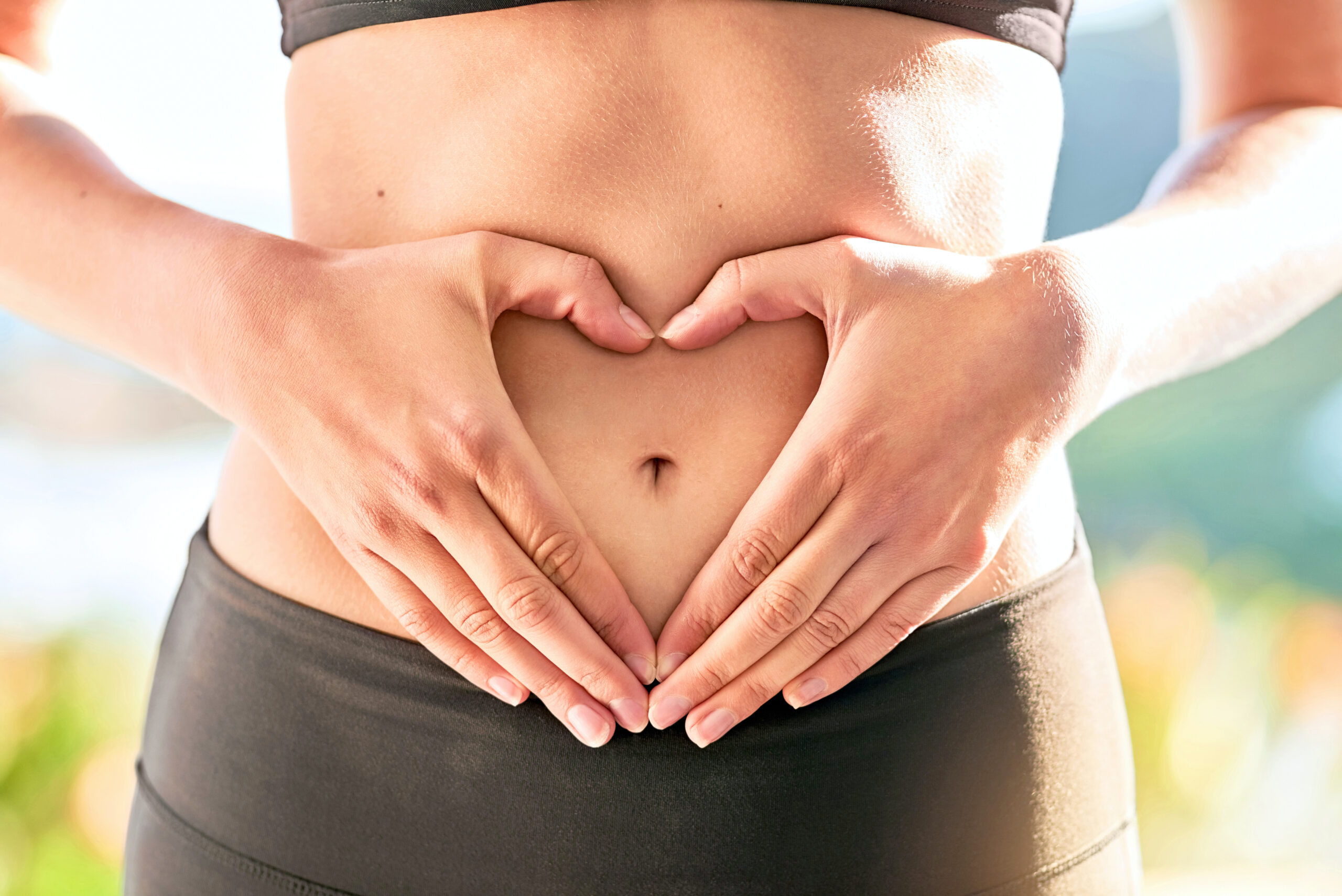3 Practices That Can Harm Your Gut Microbiome
Most dancers are aware of the benefits of a nourishing diet, including enhanced endurance, increased muscle strength and reduced risk of injury. But there is another aspect to your eating that, although less noticeable, is also important: supporting your gut microbiome. Under normal conditions, your gut microbiome consists of countless bacterial strains that reside within your intestinal tract. Though still in its infancy, emerging research associates a flourishing microbiome with improvements in digestive regularity, immunity and even mental health.
A symbiotic relationship exists between you and your gut microbiome. Dancers who are struggling to balance their training efforts and/or build supportive fueling habits can also be impacting their gut microbiomes. Though supplements claiming to support gut health are gaining popularity, evidence is limited and the products themselves are often financially inaccessible. To support your gut microbiome, start by recognizing the impact of practices that are unfortunately common in dance.
Restrictive Dieting
Carbohydrate-restricted diets commonly limit grains, bread products and fruits—all of which are rich not just in energizing carbohydrates but also in the prebiotic fibers that supply nourishment to the gut’s microbiome. A significant number of individuals who struggle with disordered eating and/or eating disorders might be more prone to struggling with functional digestive disorders such as irritable bowel syndrome. A decrease in bacterial diversity is largely to blame and evidence of the importance of a balanced and varied meal plan.
Stress and Inflammation
Prolonged exposure to stress and subsequent inflammation can impact the gut’s microbiome. Here’s where interventions get tricky. A popular recommendation to those struggling with higher levels of stress and suspected inflammation is the adoption of “clean” eating. While such a suggestion seems harmless, focusing on clean eating can be a gateway to orthorexia, an obsession with healthy eating, which itself can further exacerbate the stress of disordered eating. Any dancers with a propensity toward disordered eating should rely on education set forth by a licensed dietitian well versed in its treatment.
Overexercising
Intense training is built into a dancer’s schedule. Consistent overtraining with little to no recovery time, however, may negatively impact the gut’s microbiome. This area of research is still emerging, with much still unknown regarding how the intestinal microbiome responds to physiological stress. But for dancers who experience stomach distress, taking time off can make room for stress-reducing activities like yoga, journaling and meditation—all of which can support the sustainability of a dancer’s career.
Probiotics and Prebiotics
To mediate a flourishing microbiome without turning to expensive supplements, consider making small changes that favor an intestinal environment of bacterial diversity. Foods rich in probiotics are helpful, but also require the addition of prebiotics, or fermentable fibers that act as food for gut microbes. To help to increase your intake of both probiotics and prebiotics, try adding some of these to your dancer fuel plan.
- Kefir, or fermented milk, is rich in probiotics and can be added to smoothies to help boost the diversity of your intestinal microbiome. Other fermented foods, like sauerkraut, kimchi, miso and yogurt, also offer a rich dose of probiotic bacteria.
- Apples are a great source of prebiotic fiber.
- Sprouted foods (grains, nuts, seeds and legumes) are often easier to digest and, as a result, increase the nutrient availability of these fibrous options.
- Oats are rich in soluble fiber, specifically betaglucan, which promotes favorable effects on digestive functioning. Sprinkle oats into a smoothie or construct a jarful of overnight oats for a quick on-the-go breakfast.
- Symbiotic food combinations: pair sources of live probiotics with food rich in prebiotic fibers. For example, adding sliced bananas or apples to your yogurt will boost the overall gut-supporting benefits of your snack.





